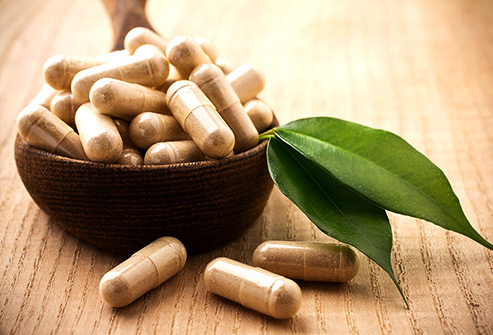
This article points to more studies to support higher Vitamin D3 supplementation over the government recommended level. We also find that many people with GI distress, especially those who have had their Gallbladder removed have a hard time absorbing most Vitamin D supplements, including so-called “pharmaceutical grade” products. ( Side bar: Any supplement made in an FDA/GMP lab is going to be pharmaceutical grade. So the implication that only prescription D is high quality and effective is nothing more than a marketing ploy by BigPharma.) Vitamin D is a type of fat. If you are having trouble digesting fats you are not going to absorb Vitamin D from any source, including food. We recommend using an emulsified Vitamin D product. Essentially, emulsification is going to make the Vitamin D oil into a water soluble product. I have seen many patients that have been on drug store or Big Box Vitamin D supplements for months or years that have seen little change in their level. However, when they switch to an emulsified form the level shoots up within a month or so. We carry a high quality (pharmaceutical grade ) Vitamin D supplement we have seen work well for many patients. Our product also contains Vitamin K, which is essential for moving calcium from the blood and into the bone. If you’re not getting in enough K, you’re likely not getting the bone strengthening results you were seeking
by taking D.



